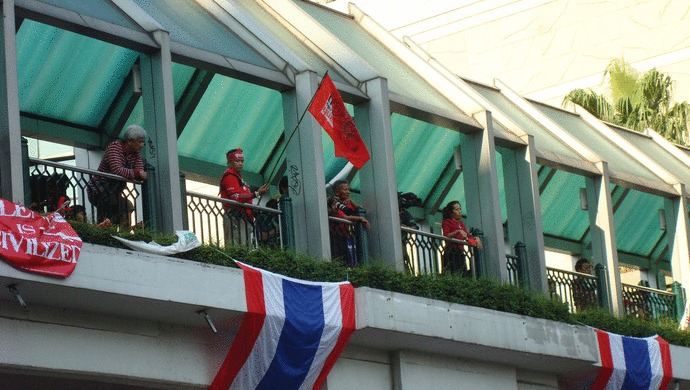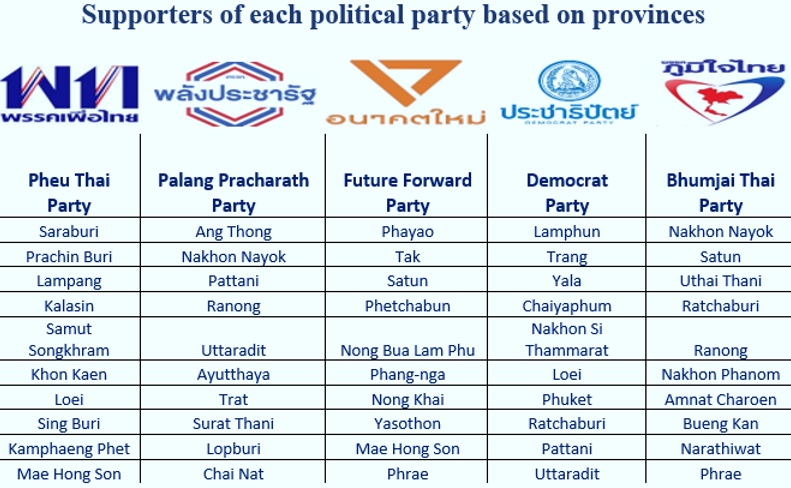iPrice’s analysis revealed a steep drop in e-commerce patronage during the busy season

It can be said that the “elections” are one of many “festive” activities that have received overwhelming popularity similar to most of the annual Thai festivals.
This may be due to each citizens’ eagerness to exercise their rights. In fact, even individuals working abroad — where there are no polling stations — plan to take time off in order to fly back and cast their votes.
All of these factors have a direct effect on businesses, and one of the businesses that iPrice expects to be considerably hit is “e-commerce”.
The fact that this period makes people focused on searching for their polling stations, their favourite parties, or even types of transports to take back home contributes to a significant decrease in “online purchases”.
Just how significant is this decrease? iPrice has compared the number of website visitors within the 10 days prior to the election with the same period in March (15-24 Feb and 15-24 Mar) with help from Google Analytics.
Comparison of website visitors between 15-24 Feb and 15-24 Mar

According to our results, it is evident that the election frenzy started in the first week of March. The results of visits to product websites then begun to decrease notably until the second week when some areas began to open for advance voting.
Also Read: Can social impact be growth hacked?
Even though the impact is not as significant as during the Songkran festival or the New Year, it clearly shows the differences between the consumers.
The decline continued until it reached the lowest point on March 24, the actual election day. Moreover, on March 23 (one day before the election), the southern part of Thailand announced that provinces adjacent to the Andaman Sea should watch out for impending tsunami waves which turned netizens’ attention to other events instead of buying products online.
Which political party garnered the most searches on Google?
iPrice also used Google Trends to search for the most popular political parties that people searched for in the 10 days before the election, by using the top five political party names as keywords.
The political parties that received the highest searches from as reported by Google Trends, include the Phuea Thai Party, the Future Forward Party, the Palang Pracharath Party, the Bhumjaithai Party, and the Democrat Party respectively (ranked by the summation of Search Interest during 15-24 March, or 10 days before the elections).
In which provinces are each leading political party fan club based?

If the political party name search data from Google Trends were to be classified by region, it would also show the trend that each political party has for each province.
This is in accordance to the expectation that the 2019 elections will have a direct effect on Thai e-commerce business, but does not reduce the amount of online traffic as much as the Songkran Festival and the New Year.
This may be due to people having to leave their houses to exercise their rights, but not to return to their original domicile to reunite with their family or relatives, which requires the same period as the Songkran festival and the New Year.
According to the data collected after the election, it was found that the number of online visitors increased steadily, and is expected to return to the same level after the election frenzy subsides.
—
Image by benoitricoine
Written and analyzed by Kanitta Sasakun from iPrice.
The post How did Thailand’s 2019 election affect e-commerce? appeared first on e27.